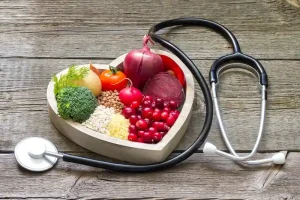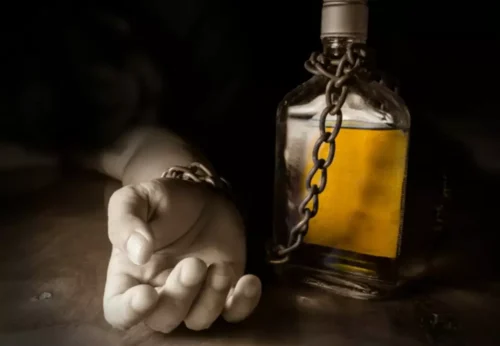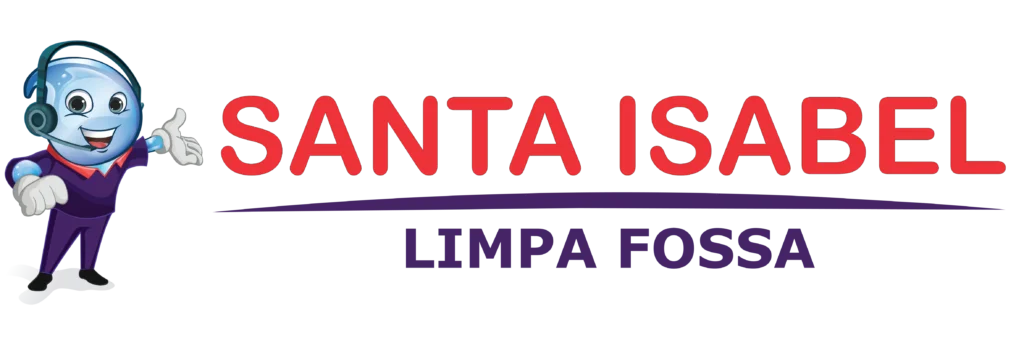Early Warning Signs of Teen Substance Use

Irritability, agitation, restlessness, and sleep disruption are common withdrawal symptoms for many drugs as are muscle cramps, headaches, and changes in blood pressure and heart rate. Drug cravings can be fierce, and fear of withdrawal https://ecosoberhouse.com/ symptoms often drives continued drug use. Psychological dependence is a term sometimes used to indicate the mental processes of addiction, but it has no real meaning given current understanding of the way the brain works.
- These products may contain nicotine or other synthetic substances that damage the brain and lungs.
- When an opioid overdose is suspected, naloxone hydrochloride should be administered as soon as possible.
- This dialogue builds trust and respect, making it easier for you to talk about difficult topics.
- Many teens who struggle with addiction also have a co-occurring mental health disorder, such as anxiety or depression.
- With awareness, action, and support, recovery is possible.
- She has worked in the hospital setting and collaborated on Alzheimer’s research.
Protect Teens From Prescription Medications
Both disrupt the normal, healthy functioning of an organ in the body, both have serious harmful effects, and both are, in many cases, preventable and treatable. If left untreated, they can last a lifetime and may lead to death. There is no known cause of substance use disorder, but several risks have been identified. A person may be more likely to develop a substance use disorder if one of several factors are present. When that substance is suddenly unavailable, that absence leaves many brain operations exposed and interferes with the various functions.
Choosing an Alcohol Rehab Treatment Program
- Similarly, there is no specific point at which drug use moves from casual to problematic.
- Adolescents will typically avoid having such a potentially awkward conversation or otherwise intervening.
- Substances are drugs, chemicals or medications that have addiction potential.
- People who are pressured into treatment by their family, employer, or the legal system are just as likely to benefit as those who choose to enter treatment on their own.
- While different types of substances can cause various signs and symptoms, being addicted to any type of substance results in the same action on the addiction center in the brain.
Once withdrawal and cravings set in, a teen dealing with addiction and dependence may not be able to stop using a substance, even if they want to. Substance use disorder (SUD), formerly known as drug addiction, is a mental health condition where you experience a problematic pattern of substance use that affects your health and quality of life. A person’s genes, ethnicity, gender, and the presence of mental health disorders may all increase the risk of developing an addiction. In fact, it is estimated that nearly two-thirds of people in treatment programs for addiction are men. In addition, more than one in four adults living with serious mental health problems also has a substance use problem. Different types of substance use disorders can have a wide range of symptoms.
What are controlled substances?
SUD exists on a spectrum and may be mild, moderate or severe. No matter where you are, know that this condition is treatable and help is available when you’re ready. Many people struggling with an addiction have some interaction with the law at some point in their life. This signs of drug use may be because they got caught in possession of a drug, they were selling it, or they may drive while intoxicated and hurt someone. Your loved one may become defensive when asked about where they’ve been, what they’ve been doing, or who they’ve been hanging out with.

The exact cause of a substance use disorder isn’t well understood. However, research shows that the changes to your brain’s reward system due to a substance’s addictive potential may cause the condition. The areas of the brain affected and changed by drug abuse are the same areas of the brain that control cognition and include learning, memory, and higher reasoning.

- Be clear that the risks of drugs are serious and that drug use will not be tolerated.
- An overdose happens when you take too much of a substance.
- If not treated quickly, your breathing slows or stops completely, leading to death.
- Synthetic cannabinoids, also called K2 or Spice, are sprayed on dried herbs and then smoked, but can be prepared as an herbal tea.
This can be the case with drugs such as amphetamines, alcohol, marijuana and prescription drugs. Fortunately for concerned family members and friends, many characteristics of addiction are easy to identify, and many types of drug addictions share similar signs and symptoms. If someone can recognize the symptoms of addiction, they may be able to help a friend or family member who struggles with this disease. When you spend time with a loved one or eat a delicious meal, your body releases a chemical called dopamine, which makes you feel pleasure.
Risk Factors for Addiction
- Prescription drug abuse is the use of a prescription medicine in a way not intended by the prescriber.
- When that substance is suddenly unavailable, that absence leaves many brain operations exposed and interferes with the various functions.
- However, over time, increased doses are needed to achieve the same level of pain relief and some users can become physically dependent, experiencing withdrawal symptoms if they try to quit.
- On the physical side, a sustained neglect of personal appearance, poor hygiene, and listlessness may be signs.
- Using inhalants even once can lead to overdose, suffocation, seizures, and death.
Addiction to drugs while pregnant can lead to serious outcomes for both mother and child. These are behavioral and physical signs that your child could be misusing medications, or using drugs or drinking alcohol. Knowing the signs and symptoms of teen drug use can help you better understand if or when you should consider a teen drug intervention program. Over-the-counter (OTC) and prescription medications can be misused more easily than others because they’re often easy for teens to obtain. Diet pills, caffeine pills, and cold and flu products with dextromethorphan are just a few examples of OTC substances teens may use. They may also have access to family member’s prescriptions for drugs like opiate painkillers and stimulants or get them from friends who do.

